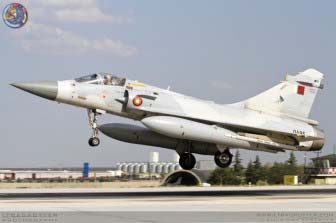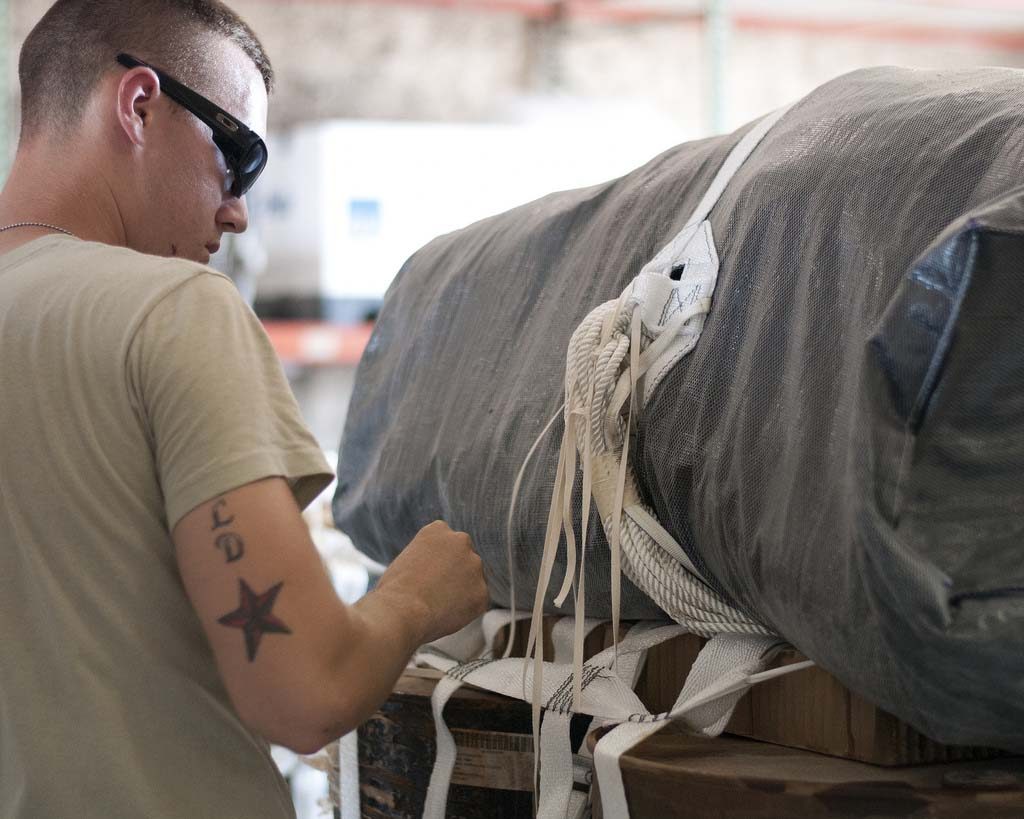
Though Qatar’s own aircraft haven’t been bombing ISIL in Syria and Iraq, the Al Udeid Air Base here serves as the hub for US forces as they carry out a months-long air strike campaign against the group, AP reports.
At the base – among the largest American outposts in the Middle East – the US and some 11 other nations have been coordinating their warplanes, assault strategies and future plans against ISIL.
The group in Iraq was just blasted with 13 airstrikes yesterday, the US Department of Defense said.
The lion’s share of the air strikes in both Iraq and Syria have been carried out by American forces.
But speaking about Qatar’s role, as well as that of other partners including Bahrain, Jordan, Saudi Arabia and the UAE, Lt. Col. David Haworth, chief of the current operations division for the Combined Air Operation Center, said:
“To look at just strikes would be like to look at a baseball game of just home runs.”
He added that the battlefield intelligence and other resources coalition members bring were “not just wanted, but necessary.”
First strike
In September last year, Qatar’s Emiri Air Force took part in what’s believed to be its first military mission in three years, by flying above Syria alongside military planes from the US and four Arab nations as part of an aerial campaign against ISIL.

At the time, four Qatari planes reportedly provided surveillance as the other Arab nations bombed ISIL targets.
Since then, Qatar has continued to provide a “supporting role” to the coalition that is fighting ISIL, though officials here have repeatedly stressed that military action alone cannot solve the problem.
Last month, Emir Sheikh Tamim bin Hamad Al Thani penned an op-ed in the New York Times ahead of his visit to the US, saying that “bullets and bombs” were not enough to win the war on extremism.
He added that understanding the root cause of terrorism was a prerequisite to tackling its spread:
“I know that many in the West look at the terrorist threat and say that the problem is Islam. But as a Muslim, I can tell you that the problem isn’t Islam — it’s hopelessness. It’s the kind of hopelessness that abounds in the Syrian and Palestinian refugee camps, and in war-weary towns and villages in Syria, Iraq, Yemen, Libya and Gaza.
It’s the hopelessness we see in the poorer neighborhoods of Europe’s great cities, and, yes, even in the United States. And it is this hopelessness, which knows no state or religion, that we need to address if we are to stem the tide of terrorism.”
Thoughts?







